29 August, 2023
This morning, rather than the alarm gently waking me up, my wife shrieks me awake with the words… “My Facebook has been hacked!”.
As the only cybersecurity expert in the vicinity, my first reaction was “Should we call CPX’s Incident Response team (800CALLCPX)?”. But as a consumer without an incident response retainer, I realized I had to fix this by myself.
So here’s my advice for anyone who encounters a similar situation:
The above is an experience of a personal attack, but how does this apply to a government or a commercial organisation? Do you have an incident response plan in place to deal with similar breaches? Do you have policies that define minimum baseline security levels? Do you have established cyber awareness programmes within the organisation? Do you have cyber solutions in place that identify, protect, detect, respond and recover for similar corporate events e.g., email breaches, malware, etc.?
What happens to individuals also happens to organisations – we all deserve a good night’s sleep. In fact, if an organisation is compromised it affects much more than a singular individual and can lead to breaches of data, financial losses, reputational damage, productivity levels and more. In order not to wake up in a cyber nightmare, the above guidance might help you have a gentler morning wake up.
By Paul Lawson

21 November, 2025
Red Teaming vs. VAPT: Choosing the right test for stronger cyber ...
Read now

13 November, 2025
Compliance isn’t security: The hidden risks of a checkbox approach
Read now

29 October, 2025
GraphQL Abuse: The silent killer in API security
Read now
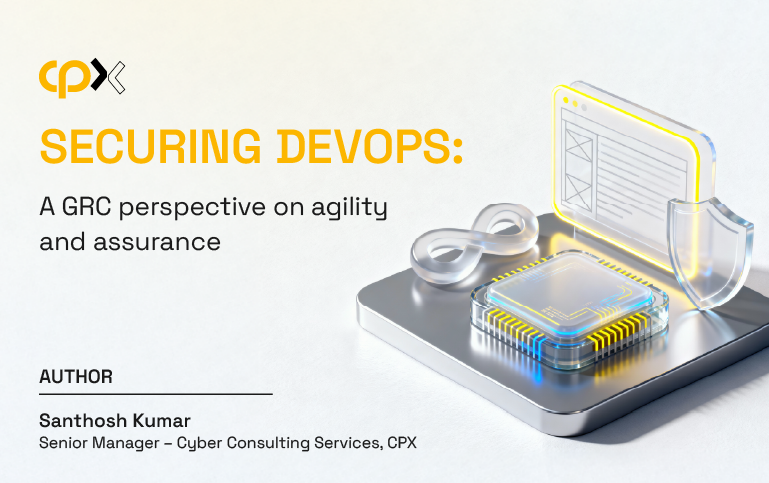
22 October, 2025
Securing DevOps: A GRC perspective on agility, assurance and secu...
Read now
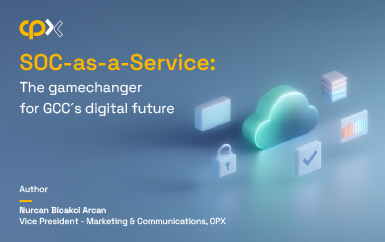
08 October, 2025
How SOCaaS can power transformation and foster innovation in GCC
Read now
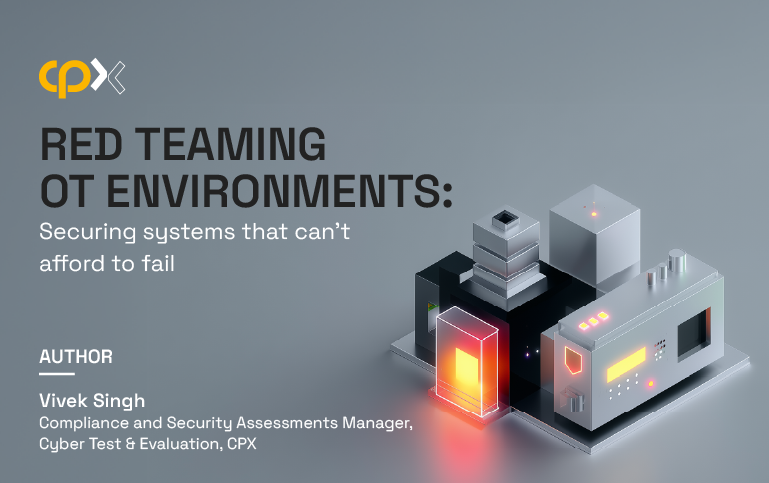
26 September, 2025
Why is red teaming a must for OT systems
Read now

19 September, 2025
UAE cybercrime statistics 2025: Key data and trends
Read now
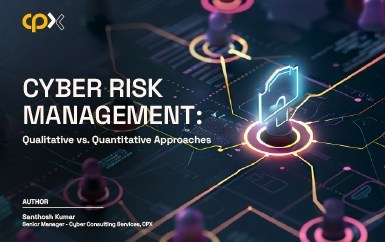
17 September, 2025
Cyber Risk Management: Qualitative vs. Quantitative Approaches
Read now

10 September, 2025
Why AI-powered SOCs are the future of cyber defense
Read now
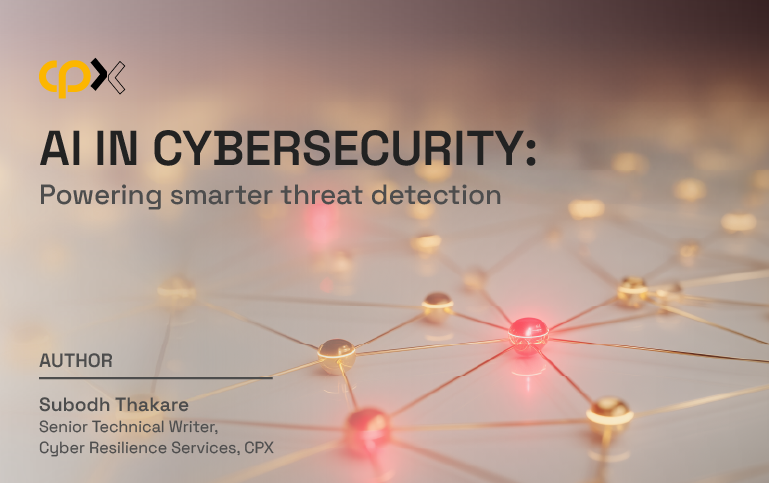
03 September, 2025
How AI is transforming cybersecurity and threat detection
Read now

29 August, 2025
AI vs Hackers: Who is winning the cybersecurity arms race
Read now
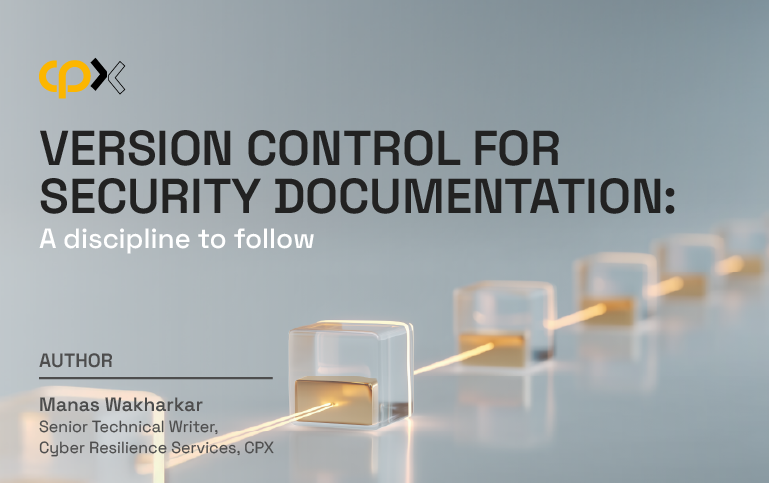
28 August, 2025
Why every cybersecurity team needs document version control
Read now

27 August, 2025
AI agents in cybersecurity: Your new virtual SOC team
Read now

21 August, 2025
Securing Operational Technology: Challenges and best practices
Read now

17 July, 2025
Red Teaming in cybersecurity: Why thinking like a hacker matters
Read now

21 May, 2025
What is a SCIF? Inside the CPX Secure Compartmented Information F...
Read now
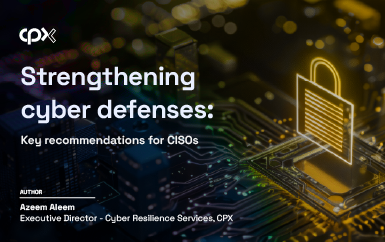
21 April, 2025
Cybersecurity in the UAE: What CISOs must prioritize today
Read now
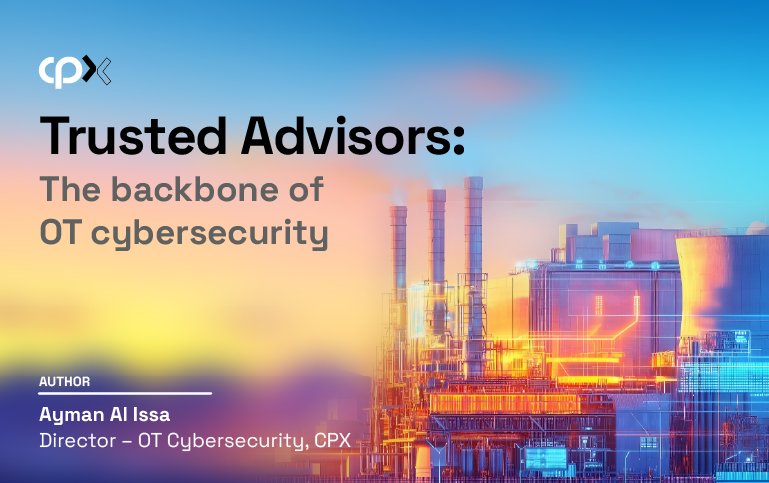
18 March, 2025
The critical role of trusted advisors in OT cybersecurity
Read now

14 February, 2025
AI Agents: The new arsenal CISOs need
Read now

27 January, 2025
Make your AI work right: A framework for secure and ethical AI
Read now
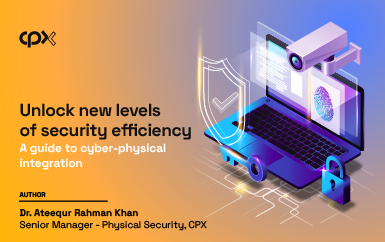
14 January, 2025
Revolutionizing SOC efficiency: The power of cyber-physical integ...
Read now

20 November, 2024
The Modern CISO Playbook: Top priorities for CISOs in 2025
Read now
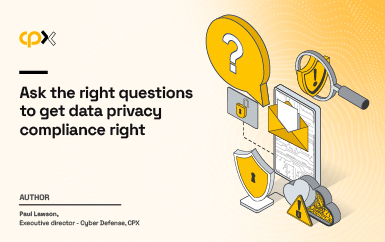
30 August, 2024
Ask the Right Questions to Get Data Privacy Compliance Right
Read now
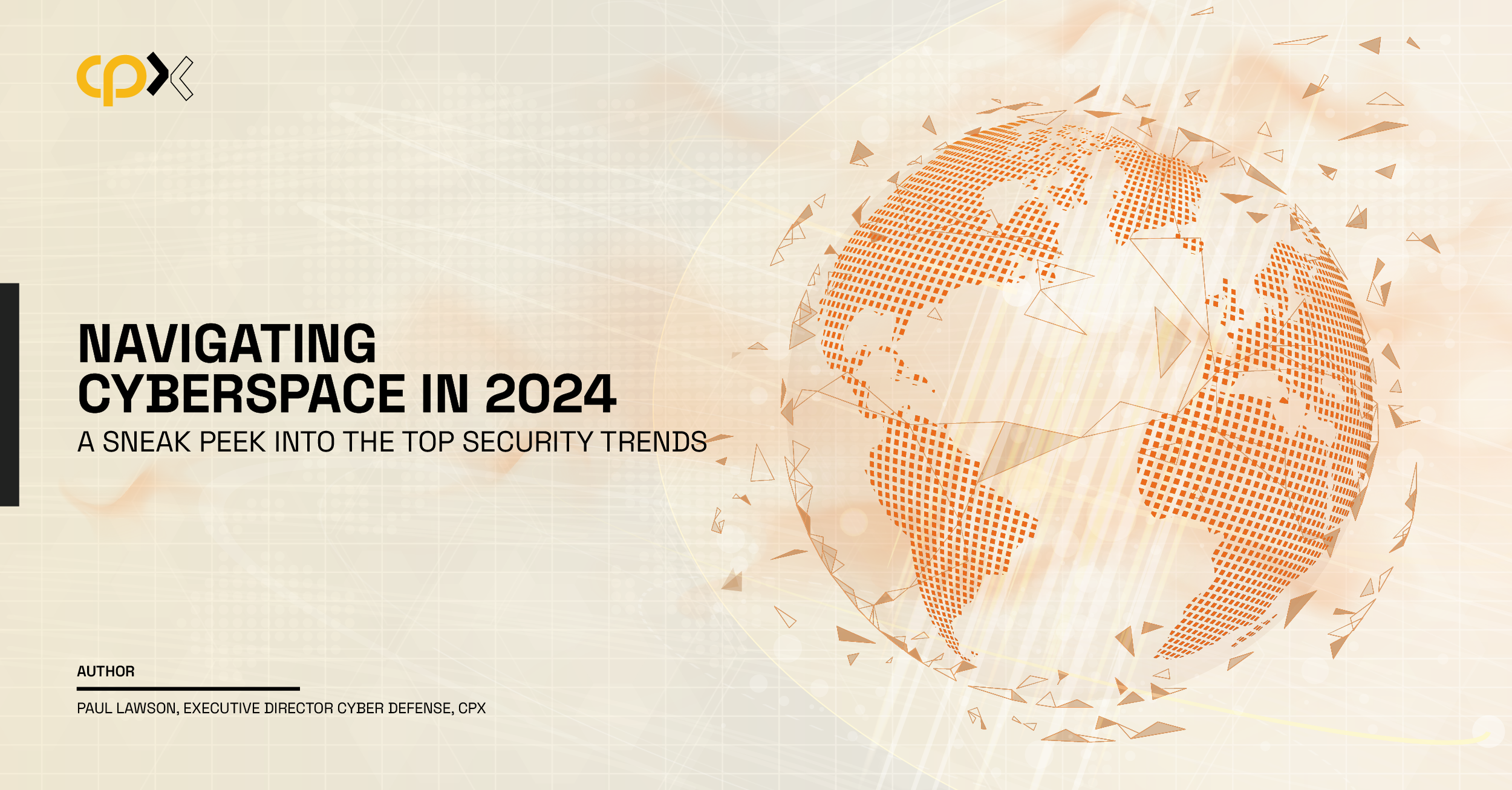
29 December, 2023
Navigating Cyberspace in 2024: A Sneak Peek into the Top Security...
Read now
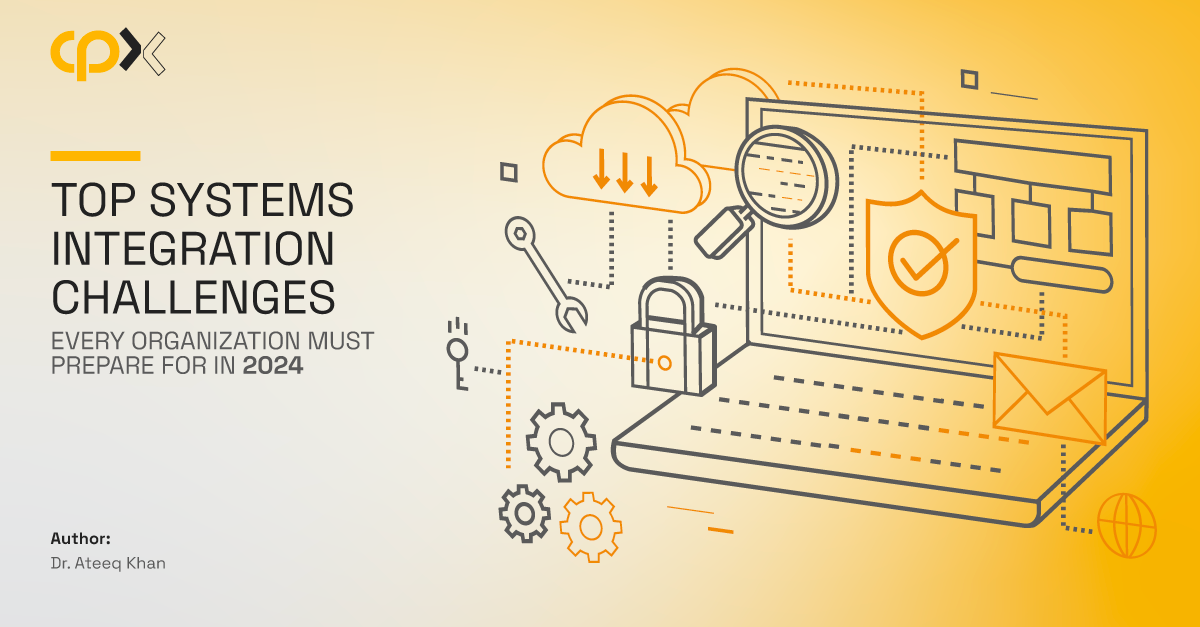
14 December, 2023
Top systems integration challenges every organization must prepar...
Read now

20 July, 2023
Security Product Research in the Lab: A fair chance to prove your...
Read now

20 July, 2023
The Cyber Security Conundrum: Balancing Ego and Expertise
Read now

20 July, 2023
The Internet Never Forgets
Read now
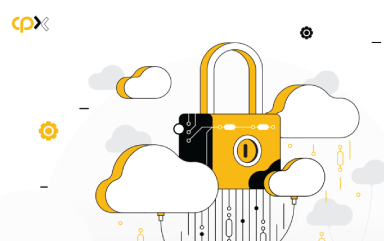
20 July, 2023
Top Cloud Security Risks and How to Address Them
Read now

20 July, 2023
Why Continuous Education, Training and Awareness are Essential fo...
Read now
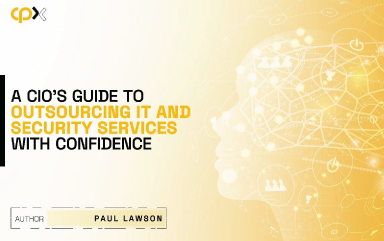
02 May, 2023
A 5-Star Partner: Priming Your IT and Security Services for Success.
Read now

02 May, 2023
AI and Cybersecurity: A Tale of Innovation and Protection
Read now
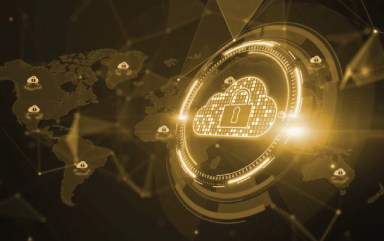
02 May, 2023
How to Select a Secure Cloud Model, One Size Does Not Fit All
Read now

02 May, 2023
Making Sense of Public Ratings in Product Selection Process
Read now

02 May, 2023
Privacy Compliance: A Four-Step Approach
Read now

02 May, 2023
Securing Your Website – Gaining Online Customers’ Trust
Read now
CPX values your privacy and the security of your personal information. This Privacy Policy outlines how we use the information that we collect from you when you visit this website. Any personal information we collect from you during your use of the website will be used in accordance with this Privacy Policy.
4th floor, Z23
Mohamed Bin Zayed City
Abu Dhabi, United Arab Emirates
For immediate assistance, CALL 8002255279
©CPX 2025. All rights reserved. Privacy policy | Terms of use

Please share your details to download the report.
